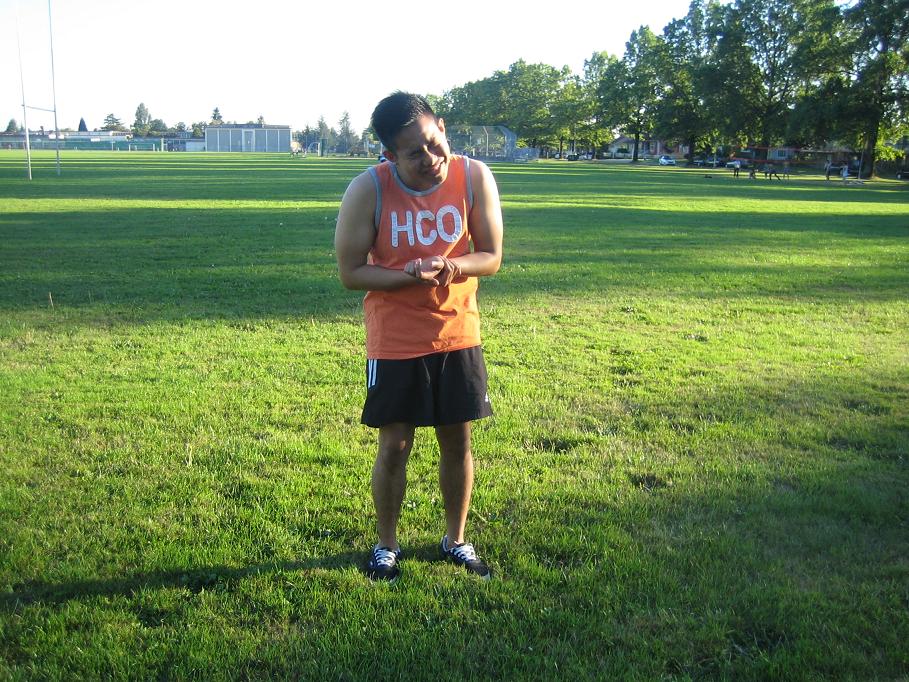Human bites are wounds caused by humans. Just like animal bites, these bites can also be dangerous and lead to an infection and complications if left untreated. Human bites are the third most common type of bites that are seen in emergency rooms.
The most common reason that caused the bite is children. Because of the number of bacteria in the human mouth, these bites can lead to infection and may require medication or surgery.
Human bites often occur in young children as they tend to be energetic, curious, angry, or frustrated. Those who have a high risk from human bites are children and their caretakers. Fighting can also cause bite wounds in both children and adults.

How to tell if a bite wound is infected
A bite wound can come in various severity, it could be a large or small wound accompanied by bleeding or not and possibly bruising. You may also receive an injury to a joint or tendon, depending on where the bite is located.
Signs and symptoms of an infection
- Swelling or heat around the wound
- Pain or tenderness around the wound
- A discharge of pus
- Fever or chills
You should immediately see a doctor about any bite that breaks the skin. The number of bacteria present in the human mouth can easily lead a bite to become infected.
If you feel any of these symptoms after you’ve received a bite, you should seek medical attention. Bites that are near the face, hands or feet can be more severe. A compromised immune system can also increase the risk of developing complications.
Treating human bite wounds
To apply first aid to a human bite wound, the first and foremost important thing to do is to clean and bandage the wound. If the wound is minor and without blood, cleanse with soap and clean water. Do not scrub the wound or it might break the skin more. Use a dry and clean bandage to cover the wound. Do not use tape to close the wound as it might trap bacteria under the wound.
If the wound is bleeding, elevate the part of the body and apply pressure to the wound using a clean piece of cloth or towel. After cleaning and bandaging the wound, call a doctor right away.
In some cases, your doctor may prescribe antibiotics to help deal with infections. In serious cases, your doctor will provide antibiotics intravenously. Severe and deep cuts may also require stitches and surgery might also be necessary if there is significant impairment to tendons or joints.
FACT CHECK
https://www.healthline.com/health/human-bites
https://www.mayoclinic.org/first-aid/first-aid-human-bites/basics/art-20056633
